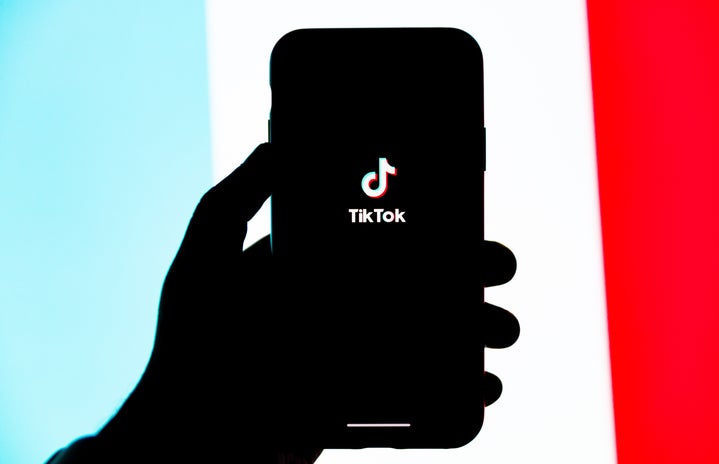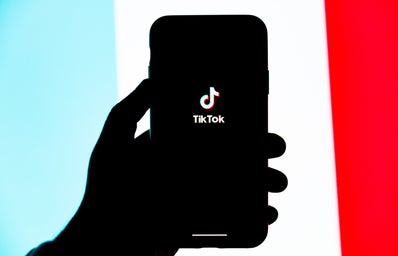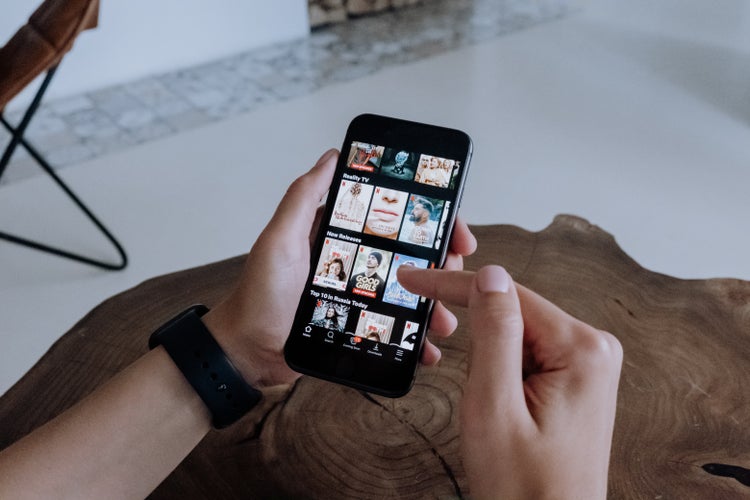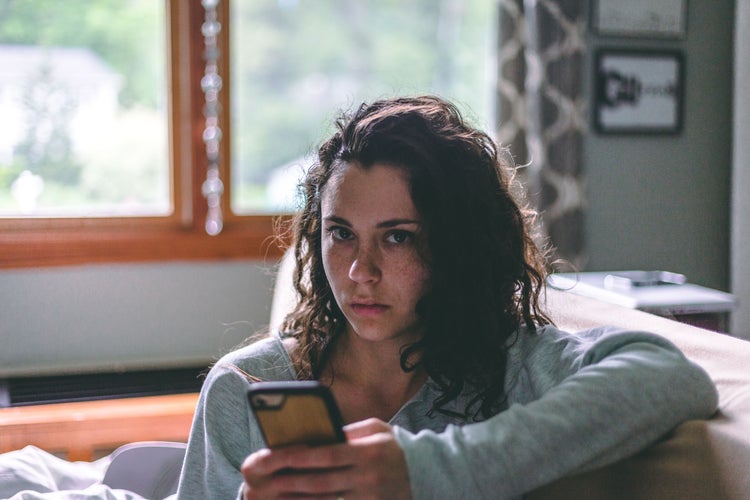In March of last year, I deleted all of my social media to take a break and examine my relationship with my phone (read about my experience). I ended this cleanse with a healthier relationship with social media and had no plans to redownload social media anytime soon.
Then, the summer came and so did the boredom. I redownloaded TikTok, determined to monitor myself more closely to avoid spending so much time on it again. I don’t spend much time on Instagram and spend a healthy amount of time on Twitter, but TikTok is my kryptonite. I know I use it too much, but I never feel like I can stop scrolling once I open the app.
Last week I got an assignment for one of my classes: our professor challenged us to delete our social media. She didn’t specify which platforms, but I knew I needed to ditch TikTok.
Here’s a recap of my first week without TikTok:
My screen time is down 30% from last week, which is a big improvement! Although I should’ve deleted it on Monday, I couldn’t bring myself to actually delete TikTok until Wednesday (oops). I have been spending a bit more time on Instagram than normal to make up for this, but still not nearly as much time as I was on TikTok. When I deleted the app off of my phone, I deleted a few others I wasn’t using anymore, too, and it’s weird to see myself automatically click where TikTok used to be and realize there was nothing there to open. So much of my time spent on TikTok was unconsciously, and seeing my finger instinctively press the spot it was in made that clear.
The end of the second week just passed, and I haven’t done my official response for my class assignment yet, but I do feel less attached to my phone. During the first week, I found I was trying to fill the TikTok time with other social media or phone applications, but now I’m content not being on my phone as much. I haven’t miraculously read three books since I deleted TikTok, but I did watch a movie last night, which is something I don’t usually feel I have time for. While they are both screen time, which is something I should try to lessen in general, I feel better about that screen time being spent with people than just me scrolling alone.
My relationship with social media is a weird thing. I have a hard time deleting it for good, even though when I’m not using it, I don’t feel the need for it. I enjoy other activities far more and get much more out of them. I want to attribute it all to FOMO, but I don’t usually have an issue with FOMO. I think, for me, it’s hard to unlink social media and my phone. When I open my phone to respond to a text or answer a call, I often open a social media app, too.
A few days ago, I redownloaded TikTok to find a specific recipe I was planning on making. I told myself that I’d find the recipe and delete the app again afterwards, but this didn’t go according to plan. I slowly found myself trying to catch up on what I missed, as if that was even possible. Last night I spent two hours on TikTok before falling asleep, and I felt so deeply unsatisfied.
I kept wishing I’d kept my own word and deleted it right after finding the recipe I needed, but something about TikTok is just so alluring. While this was a setback on my social media journey, my dissatisfaction reassured me I should continue to adjust my relationship with social apps.
I don’t know if I’ll ever be able to find a healthy balance with TikTok – that algorithm is just too good at figuring out what you like and serving you more of it. TikTok is known to create personal rabbit holes for users and push content from that interest to keep the user engaged. As much as I feel bad about my use of TikTok, it is nice to remember that the app is designed to make the user come back again and again, so I’m not the only one who struggles with closing it out.
I think this is all part of a wider issue. Studies estimate that 5-10% of social media users are addicted to these platforms, with the majority of those addicted being females in their teens and early twenties. These platforms are built to be addicting and then shame the user to make them feel like their attachment istheir fault and turn the blame away from the programming.
I don’t see this issue going away anytime soon. Even if there were legislation put into place to limit how addicting a platform can be, this isn’t an easy metric to measure and one that is difficult to predict. Social media is used so widely here in America that it is assumed everyone has it. The social pressure and the temporary satisfaction of using social media creates the perfect storm for overuse.




